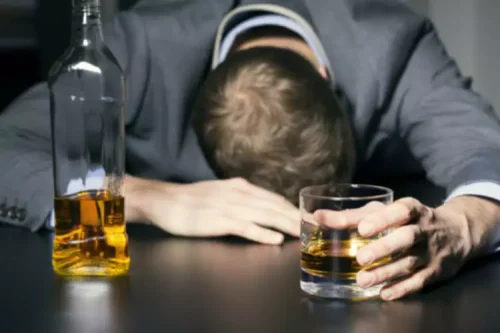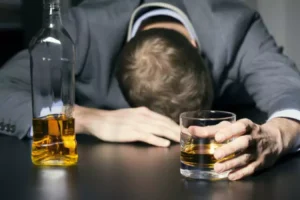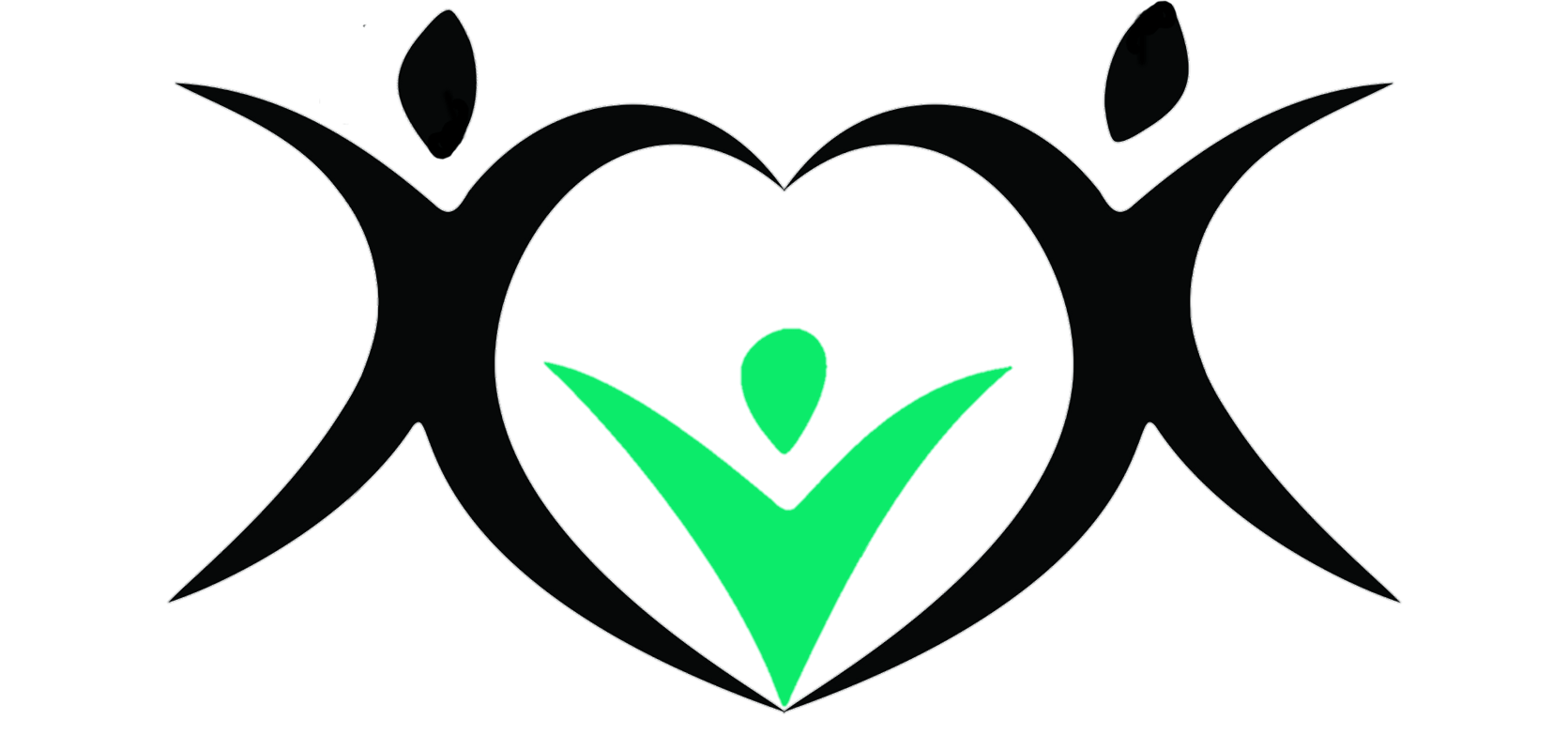Can Psychedelics Treat Depression and Anxiety?

Additionally, both statistical precision and heterogeneity can be poorly estimated in small meta-analyses. We took steps to ameliorate these concerns, including use of corrections to better account for uncertainty in the estimation of heterogeneity, but some caution should be used in interpreting reported meta-analytic confidence intervals and prediction intervals. While there are many challenges ahead for psychedelic therapy, the plethora of discoveries and advances that are currently happening offer both trauma-informed medicine and individuals dealing with difficult mental health challenges hope for a more fully embodied life.
Services
As for any new medical therapy, psychedelic research needs to be conducted in a rigorous manner, through what is alcoholism the dispassionate lens of scientific enquiry. Carte blanche availability to practitioners, without specific protocols and appropriate training, would be potentially harmful to individuals and detrimental to the field. MDMA-assisted psychotherapy for PTSD is the most extensively studied intervention involving psychedelics. In a clinical research setting, MDMA paired with intensive psychotherapy co-led by 2 mental health professionals may reduce PTSD symptom severity and lead to clinically meaningful improvement and/or disease remission for some participants in the short term. Although results are fairly consistent and direct, trial sample sizes are small and at risk of prognostic imbalance (a failure of randomization to balance groups on participants’ responsiveness to treatment). Common side effects of MDMA include anxiety, restlessness, headache, and nausea but serious adverse events appear to be rare.
Missing data
We grouped studies by disorder and psychedelic type and described mean changes in symptoms, when possible including whether the psychedelic intervention led to a clinically meaningful improvement in symptom severity (as defined by the study) or disease remission. We focused synthesis on disorder-specific outcomes (eg, PTSD symptom severity) and did not describe outcomes related to the psychedelic experience itself or measures of mood or perception not directly relevant to the disorder being treated. Dr. Jill Stocker is traditionally trained in family medicine with advanced certification in age management medicine and hormone optimization. Her professional, evidence-based training combined with her personal and life experiences, intuitive gifts and commitment to helping others fully awaken and thrive in all areas of their lives makes for a transformational experience for her patients.

What do we know about the safety of psilocybin?
Effects can include alterations in sensory perceptions (visual illusions and synesthesia), bodily orientation and emotional processing. At the federal level, most psychedelic drugs—with the exception of ketamine—are designated Schedule I drugs, meaning they are seen as having no accepted medical use and a high potential for abuse by the U.S. They are also illegal to produce, sell, possess or consume, although some states and cities are moving toward more accepting laws are psychedelics addictive around certain psychedelics. Anxiety disorders are among the most prevalent mental health conditions worldwide, prompting ongoing research into innovative treatment options.
- Moreover, the psychotherapy component of studied interventions—typically requiring 30 hours or more of psychotherapy co-led by 2 mental health professionals—is more intensive than typically occurs in clinical practice.
- LSD and psilocybin are consistently ranked in expert assessments as causing less harm to both individual users and society than alcohol, tobacco, and most other common recreational drugs 16–19.
- “As new novel compounds are approved by the FDA and DEA, patients who have not found relief from traditional medications will now have an alternative,” says Nicholson.
- People who are in the emergency department or hospitalized because of hallucinogen use also tend to have chronic health conditions such as asthma, high blood pressure and emergency department visits for depression, compared with the general population.
Table 2. Drug use in psychedelic users and non-users.
Note, however, that people with first-episode psychosis often have no apparent family or personal history of mental illness, whether or not if they have previously used psychedelics 41. 5) Because of the striking subjective effects of psychedelics, some people attribute psychiatric symptoms to the use of psychedelics even if the symptoms started months or years later. 6) Some health professionals may have a biased view since they meet people with mental health problems and have little or no contact with the majority of psychedelic users. 7) Caution should be used when generalizing from LSD to other psychedelics because of emerging evidence of unique effects of LSD 56. 8) Case reports of mental health problems following psychedelics are often comparable to case reports of mental health problems linked to intensive meditation 57–61, visiting holy sites 62, 63, or viewing beautiful artwork and sublime natural scenes 64. We identified 2 small RCTs12,17 of psilocybin-assisted psychotherapy and 3 small observational studies13–16 in participants with moderate to severe depression (Table 5).


A large number of underway studies were identified (see Appendix C in the Supplemental Materials for full details) in a wide range of populations (eg, adults with PTSD, mood disorders, and substance use). In addition to its small sample size, a limitation of this study is the potential for selection bias. Although participants were typical of those seeking medical care for tobacco cessation in terms of tobacco use history and the number of quit attempts, most (10/15, 67%) reported past use of hallucinogens. It is possible that the participants with past hallucinogen use had different expectations regarding the potential of this treatment compared to those without past hallucinogen use. Psychedelic drugs can induce mind-altering states affecting perception, thought and sensory input. They have historically been known for their recreational use and do not have nationwide legal approval.
- Your health and wellness is unique to you, and the products and services we review may not be right for your circumstances.
- Finally, most available studies on psychedelics required participants to discontinue their usual mental health medications, most often for a least 2 weeks before the study start.
- The mushrooms themselves are not expensive, Poinsatte said, but a facilitator’s time and support services are costly, and there are state fees.
- In Colorado, for doses over 2 milligrams, facilitators will screen participants at least 24 hours in advance, then supervise the session in which the participant consumes and experiences mushrooms, lasting several hours, plus a later meeting to integrate the experience.
- Studies enrolled adults with PTSD, depression, obsessive compulsive disorder (OCD), social anxiety, opioid use disorder (OUD), alcohol use disorder, tobacco use, or mixed substance use disorders and mood symptoms.
Why teachers from across Colorado plan to protest at the state Capitol Thursday
Adverse effects of psilocybin, including headache and nausea, typically resolve within one to two days. However, extended difficulties from using psychedelics can last weeks, months, or years; anxiety and fear, existential struggle, social disconnection, and feeling detached from oneself and one’s surroundings are most common. After the decriminalization and legalization in Oregon and Colorado, psychedelic mushroom exposures reported to poison control centers ticked up in these states and nationally. In psychedelic-assisted therapy, psychedelics such as psilocybin are combined with psychotherapy to treat post-traumatic stress disorder (PTSD) and treatment-resistant depression.

Lack of Associations with Mental Health Problems
The lack of association between the use of psychedelics and indicators of mental health problems in this large population survey is consistent with clinical studies in which LSD or other psychedelics have been administered to healthy volunteers 13. Eight recent double-blind, placebo-controlled studies of psilocybin in healthy volunteers, with follow-up between 8 and 16 months, reported “no subsequent drug abuse, persisting perception disorders, prolonged psychosis or other long term impairment of functioning” 20. And two other recent clinical trials of psilocybin in 54 healthy volunteers found no evidence of lasting adverse effects 8, 9. In this US trial, 95 adults with an average of 14 years of alcohol dependence were randomized to receive 12 psychotherapy sessions with 2 psilocybin dosing sessions or diphenhydramine 50–100mg. At baseline, participants in the psilocybin group consumed a mean (SD) of 7.52 (4.58) standard drinks per day (defined as 14 grams of ethanol) compared to 7.10 (4.05) in the diphenhydramine group. The study did not report whether participants had previous experience with treatment for alcohol dependence.




دیدگاهتان را بنویسید
برای نوشتن دیدگاه باید وارد بشوید.